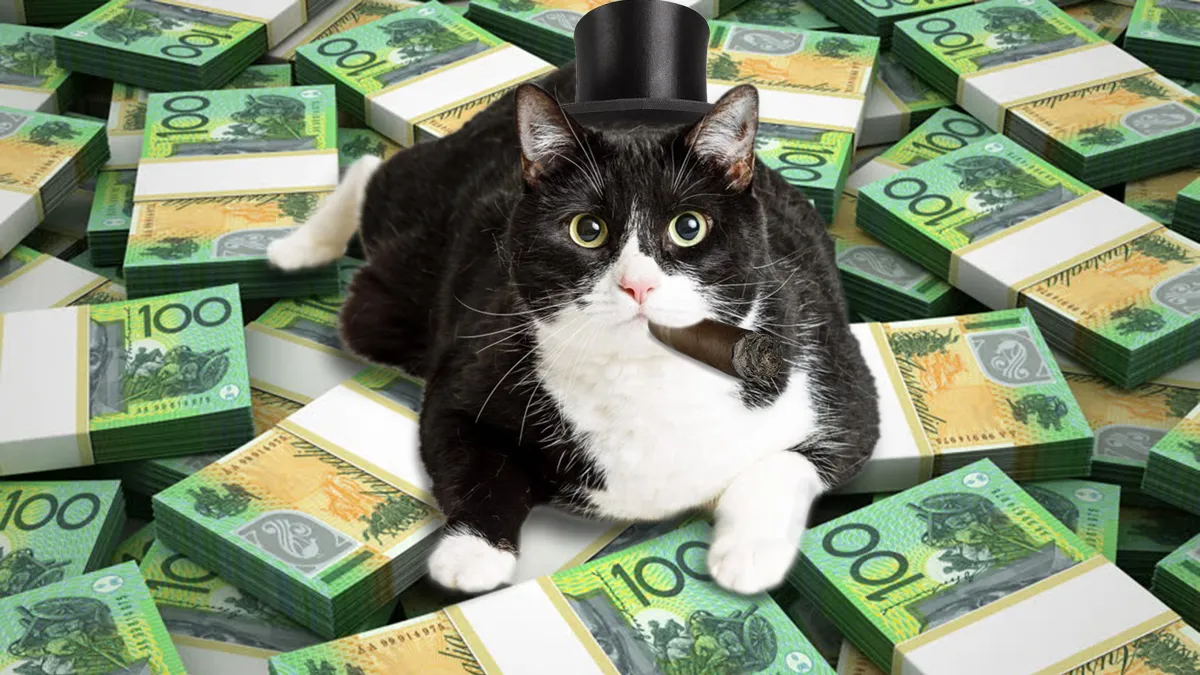Table of Contents
It’s an almost unassailably universal opinion that money doesn’t buy happiness. The notion is deeply ingrained in popular culture, which abounds with cautionary tales of miserable plutocrats, from Ebeneezer Scrooge to Charles Foster Kane in fiction, and J Paul Getty and Howard Hughes in real life. Held up as a mirror are the endless tales of the virtuously impoverished.
The idea that money doesn’t make you happy is so deeply ingrained that I’ve had people get legitimately angry at me for suggesting that it might not be true.
But, as it happens, it might not in fact be true at all.
Foundational work published in 2010 from Princeton University’s Daniel Kahneman and Angus Deaton had found that day-to-day happiness rose as annual income increased, but above $75,000 it leveled off and happiness plateaued. In contrast, work published in 2021 from the University of Pennsylvania’s Matthew Killingsworth found that happiness rose steadily with income well beyond $75,000, without evidence of a plateau.
Which would suggest that Elon Musk or Jeff Bezos must have practically achieved nirvana by now. But the miserable plutocrat is not entirely mythical: Hughes and Getty had more money than God, and they really were miserable bastards.
To reconcile the differences, the two paired up in what’s known as an adversarial collaboration, joining forces with Penn Integrates Knowledge University Professor Barbara Mellers as arbiter. In a new Proceedings of the National Academy of Sciences paper, the trio shows that, on average, larger incomes are associated with ever-increasing levels of happiness. Zoom in, however, and the relationship becomes more complex, revealing that within that overall trend, an unhappy cohort within each income group shows a sharp rise in happiness up to $100,000 annually and then plateaus.
In other words, having more money makes most people happier, but if you’re a miserable bastard anyway, more money just means you’re a richer miserable bastard.
Mellers digs into this last notion, noting that emotional well-being and income aren’t connected by a single relationship. “The function differs for people with different levels of emotional well-being,” she says. Specifically, for the least happy group, happiness rises with income until $100,000, then shows no further increase as income grows. For those in the middle range of emotional well-being, happiness increases linearly with income, and for the happiest group the association actually accelerates above $100,000.
The researchers began looking at a revised hypothesis: that most of us are fairly happy anyway, but there’s an unhappy minority. What differences does money make to both?
For the happy majority, more money means more happiness. For the unhappy minority, money makes some difference, but its effect plateaus at a certain level.
Naturally, the researchers feel compelled to add a caveat:
However, he adds that for emotional well-being money isn’t the be all end all. “Money is just one of the many determinants of happiness. Money is not the secret to happiness, but it can probably help a bit,” he says.
Science Daily
Which means, it seems, that David Lee Roth was more right than he knew when he said, Maybe money can’t buy me happiness, but it can buy me a yacht big enough to sail right up next to it.






